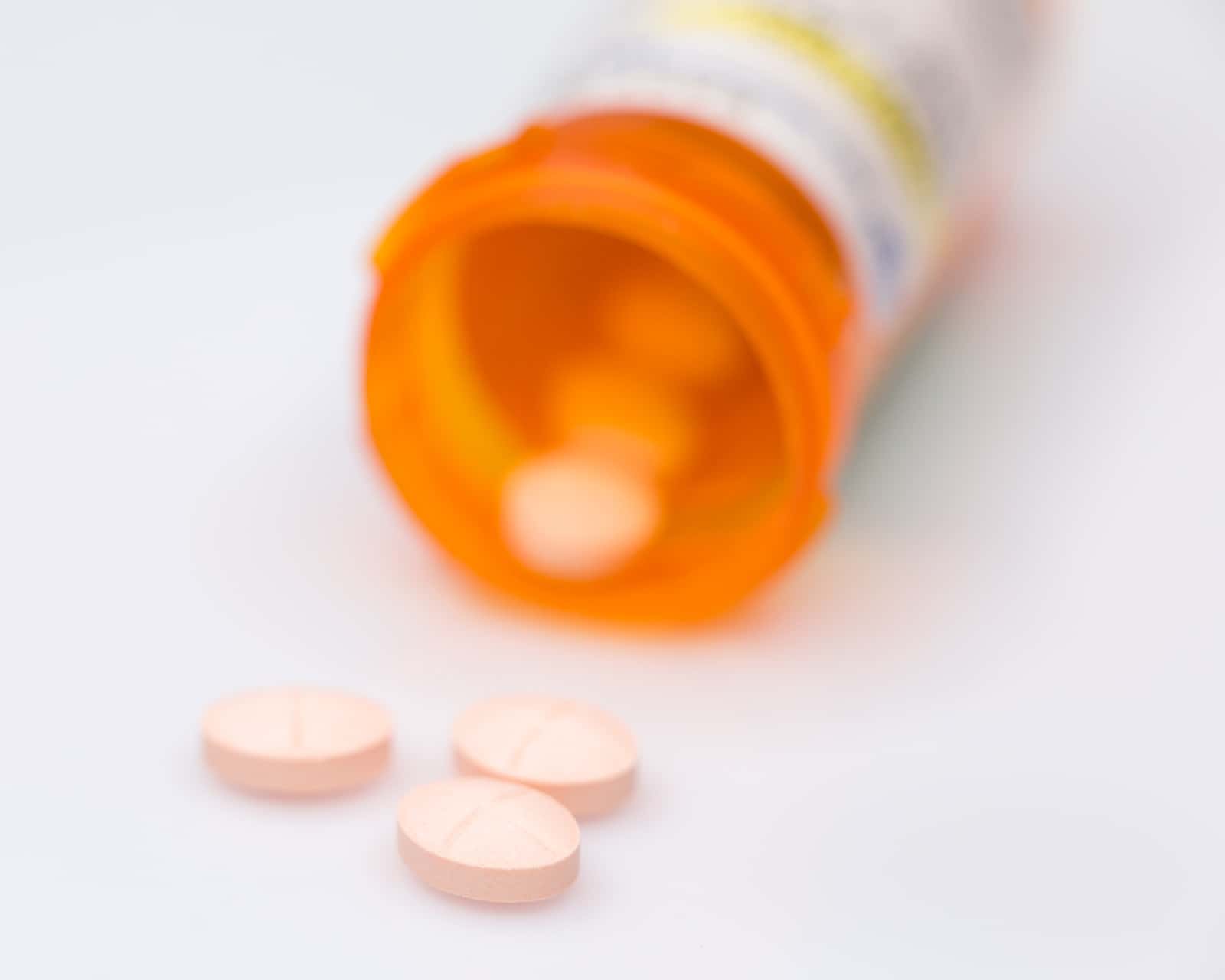
Have you ever wished you could take medicine like stimulants for better memory and sharper concentration? Sometimes people who feel they need their best mental performance in college or at work will take a stimulant pill to boost their cognitive function. Researchers at the University of California, Irvine, say this is a mistake.
Studying Stimulants for Better Memory:
The scientists recruited 43 young adults and gave them a battery of tests of memory and attention (Cognition, Dec. 2019). Then, the volunteers returned twice more to the lab for repeat testing throughout the day. That included an overnight stay in the sleep lab. At each visit, they took either a placebo pill or dextroamphetamine, a drug similar to Adderall. (This medication is prescribed to treat people with attention deficit hyperactivity disorder, ADHD.)
The results were disappointing (Behavioural Brain Research, Sept. 16, 2019). People who had taken the medication performed about 4 percent better on attention tasks. However, they did no better at all on memory tests. Although their attention performance deteriorated back to baseline during the day, those who had taken the stimulant did not sleep well at night. The cognitive tests taken 24 hours after ingesting the drug showed significant slips in working memory.
Consequently, the researchers conclude,
“people who are taking these drugs to perform better in school or at work may feel as though they are doing better, but our data don’t support this feeling.”
In summary, while medicines such as Ritalin or Adderall may help some individuals with ADHD focus better, most people should not rely on stimulants for better memory or cognitive performance. It would be far better to exercise regularly and get enough sleep.
Citations
- Whitehurst LN et al, "The impact of psychostimulants on sustained attention over a 24-h period." Cognition, Dec. 2019. https://doi.org/10.1016/j.cognition.2019.104015
- Tselha T et al, "Morning stimulant administration reduces sleep and overnight working memory improvement." Behavioural Brain Research, Sept. 16, 2019. https://doi.org/10.1016/j.bbr.2019.111940

